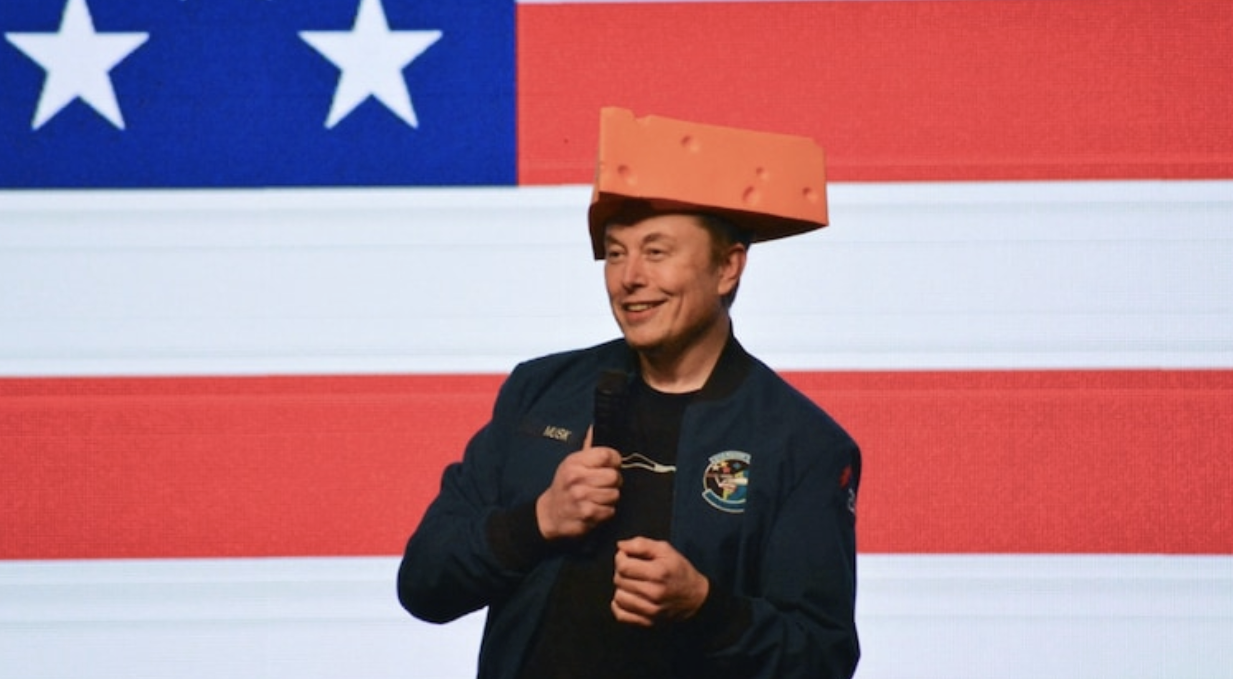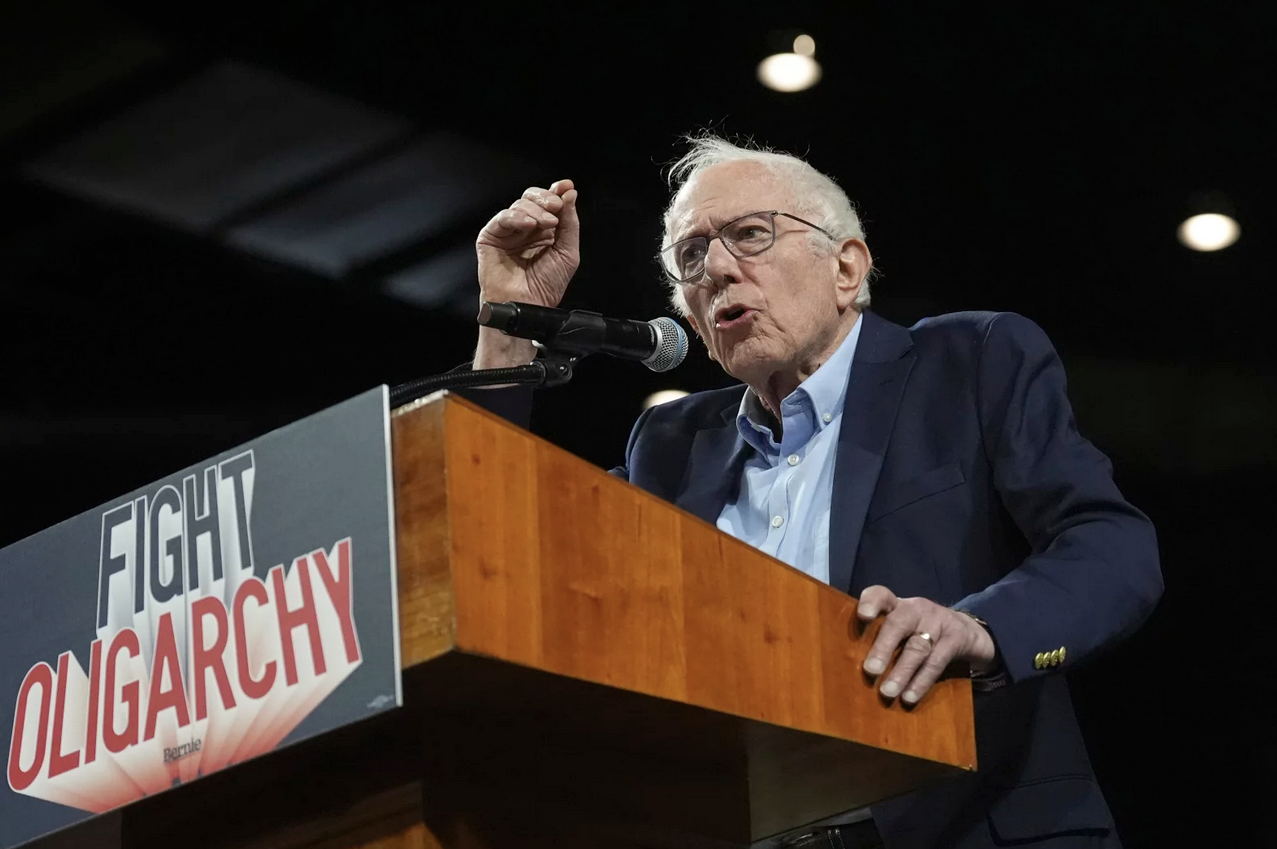The incessant complaining about the “BU-BU-BILLIONAIRES” is misguided, politically ineffective, and distracting from achievable and effective policy goals.
“Billionaires control government” is a sexy idea that seemed to find some academic purchase with the 2014 study from Gilens and Page, “Testing Theories of American Politics: Elites, Interest Groups, and Average Citizens” but multiple analyses since have demonstrated, using the same data set from that study, that the middle class and the wealthy agree on policy positions almost 90% of the time anyway, and where they disagree it’s a coin-toss to see whose policy wins out in the end. Despite it being a simple “truism” that the wealthy can simply buy elections or pass whatever legislation they desire, a sober reading of even recent history would seem to cast much doubt on that conclusion.
Elon Musk dumped $20 million into the Wisconsin Supreme Court race, just to lose it by over 13 points, despite Trump winning the state in the 2024 election. Nina Turner out-raised her primary opponent, Shontel Brown, but still lost in the 2022 Ohio-11 primary in dramatic fashion. In fact, in 2022, Ken Calvert (CA41), Mike Lawler (NY17), Mark Amodei (NV02), Juan Ciscomani (AZ06), Don Bacon (NE02) as well as several others were all out-spent in their districts, but still won their elections.

What about presidential elections? Hillary Clinton out-raised Trump nearly 2-1 and was crushed in the 2016 election. Harris’ campaign in 2024 raised over a billion dollars, crushing Trump’s fundraising efforts, yet still lost. Forbes found, funnily enough, that Kamala actually had a record number of billionaires supporting her (83 vs 52 for Trump), and was even supported in an open letter(with over a dozen billionaires included in it) by “the wealthy elite.” Even among millionaire investors, 57% supported Harris for the election last year.
It would be stupid to say that money (or billionaires) have zero impact on politics or election cycles, but you will miss other massive drivers of political influence in the United States if you’re simply obsessing over who’s backed by the richest constituents.

The progressive agenda is not as popular as progressives online would have you believe. Shocking, I know. Electorally, Kamala received over 6,000 more votes in Vermont in 2024 than Bernie Sanders. Even the darling “Medicare-for-all” position that progressives will insist every single American secretly loves dramatically fluctuates in support (from 56% down to 26%) depending upon how it’s presented to people. And, if the last few elections are anything to go by, Americans had no problem voting in record numbers for a literal, actual billionaire to become president twice (three times, depending upon who you ask!).
The policy positions stemming from the anti-billionaire posters are also nonsensical. None of the slogans even make sense. “Billionaires need to pay their fair share!” What does that even mean? The top 1 percent earners in the country pay an average individual income tax rate of 24% while the 21st–40th percentile of earners have a negative tax-rate (in 2016). As of 2024, US billionaires have a combined net worth of $5.529 trillion. If we took every single asset they had (assuming we could do this legally), sold all of them (assuming we could do this without destroying the stock market price of the assets we’re selling), and then applied it to our US Debt, we could pay off about 15% of what’s owed.
It also pushes people towards unpopular or ineffective policies. Even Kamala Harris was pushing for some form of wealth tax, a position that’s been popular amongst the “billionaire hater” crowd. The problem is, wealth taxes kind of suck, for a variety of reasons. They’re difficult to administer, can lead to a massive exit of capital, and don’t ultimately end up raising that much revenue for the government. In 1994, 12 nations in the OECD had wealth taxes, but by the end of 2022, all but 4 had dropped them. If we really wanted to increase our revenues, we should broaden our tax base (like most European countries do) and fully empower the IRS to go after the hundreds of billions of dollars every single year that aren’t being appropriately paid.
Fixating on actual policies gives us a real position to rally around, allows us to mobilize around effective positions that would make a real change, and make it harder for politicians to ignore us when we make demands of them in elections. We need less retweetable slogans and more effective policy if we want to practice effective political power in the future.